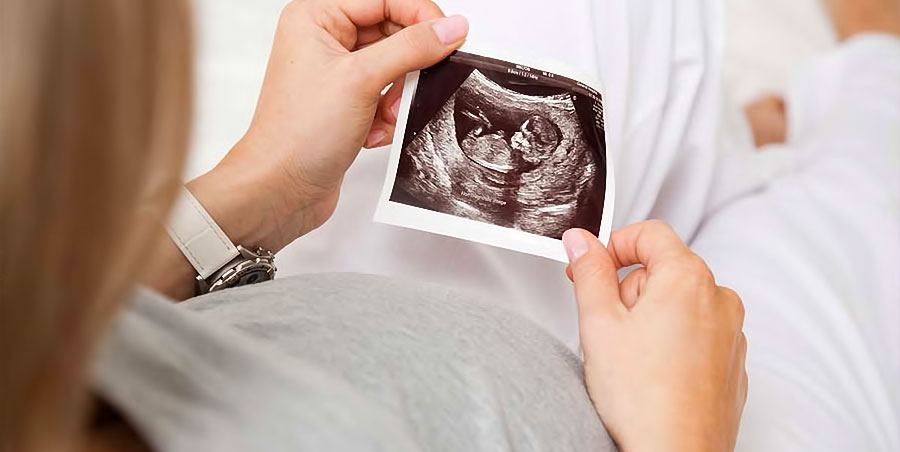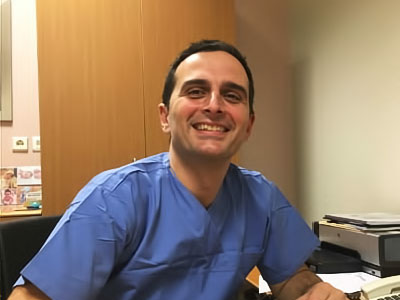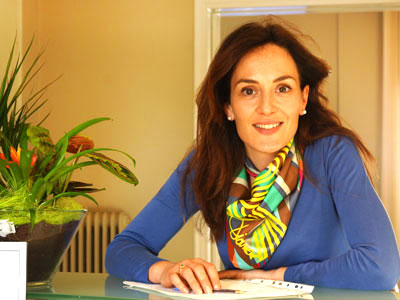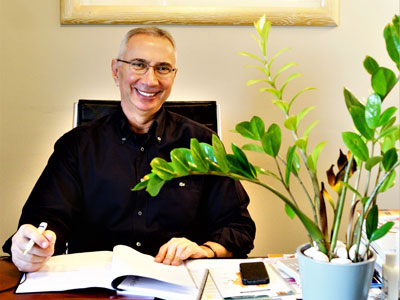The term "in vitro fertilization" refers to medically assisted reproduction. The process of fertilization between the two gametes, the oocyte and the spermatozoon, takes place outside the woman’s body in the laboratory.
This method involves a wide array of techniques, which aim at helping infertile couples to have children.
Appropriate counseling by an IVF expert plays a paramount role in helping the couple decide whether to proceed with an assisted reproduction treatment. The couple must know if this type of therapy is necessary or if a milder treatment can achieve the aim of reproduction.
IVF is divided in four basic phases:
- Induction of multiple follicular development
- Oocyte retrieval
- Fertilization-embryo culture
- Embryo transfer
During ovarian stimulation (induction of follicular development) specific treatment protocols are followed: medication is administered to the patient, who must undergo regular (every 2-3 days) sonographic and hormonal monitoring.
When the first phase of ovarian stimulation has been completed, we proceed to oocyte retrieval, whereby the oocytes are retrieved from the woman in the IVF unit under general anaesthesia. On the same day oocyte insemination occurs in the laboratory using the husband’s spermatozoa.
The embryos which emerge through this procedure are developed under specific conditions (the use of special materials for embryo culture) in incubators, where their environment is formed based on modern-day studies on low concentration oxygen. Embryo transfer can occur on days 2, 3 or 5-6 of embryo development.
After a detailed evaluation of embryo quality by a clinical embryologist, the highest- quality embryos are selected, which will then be transferred into the maternal uterus.










